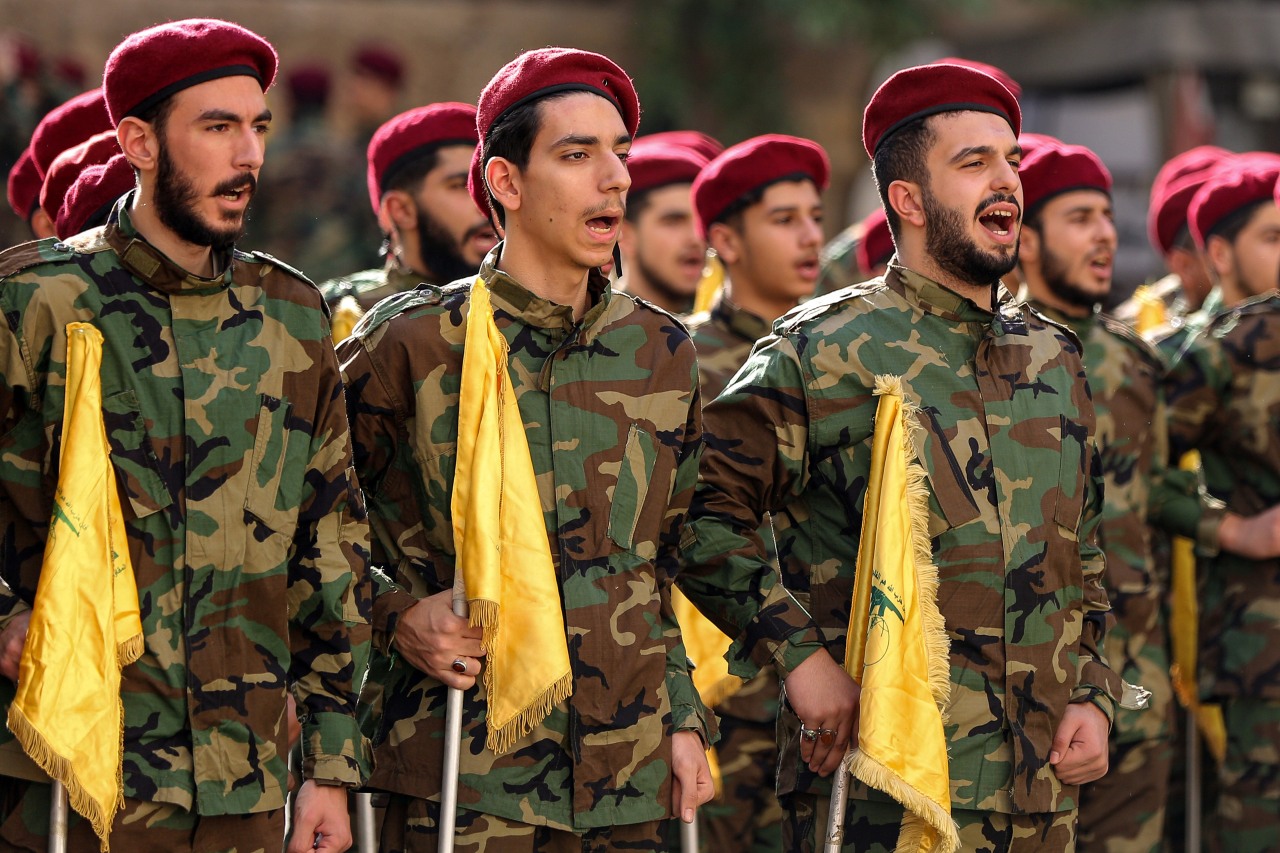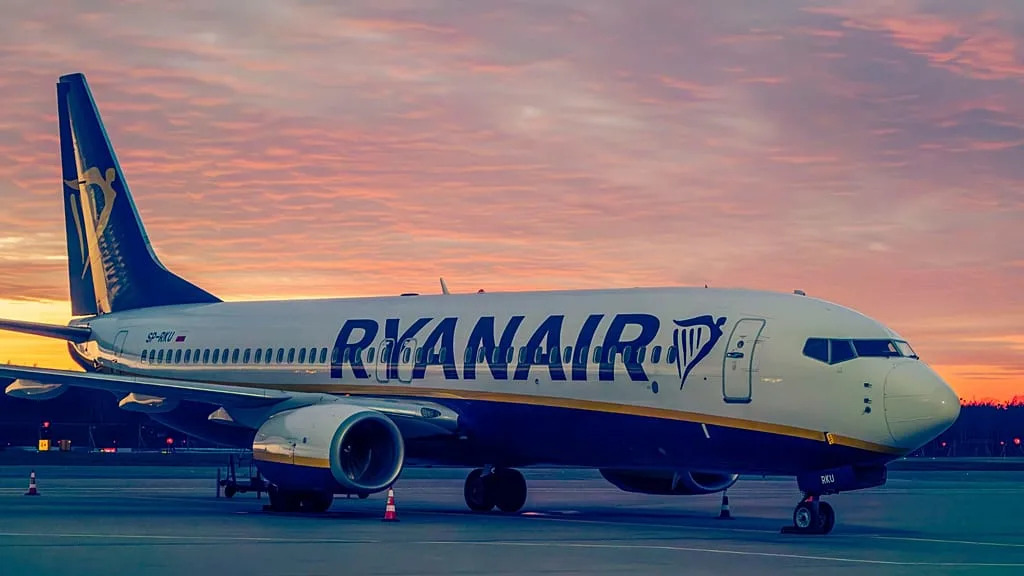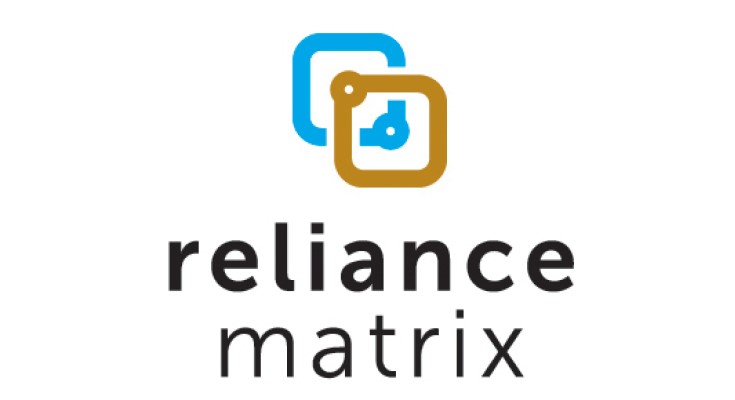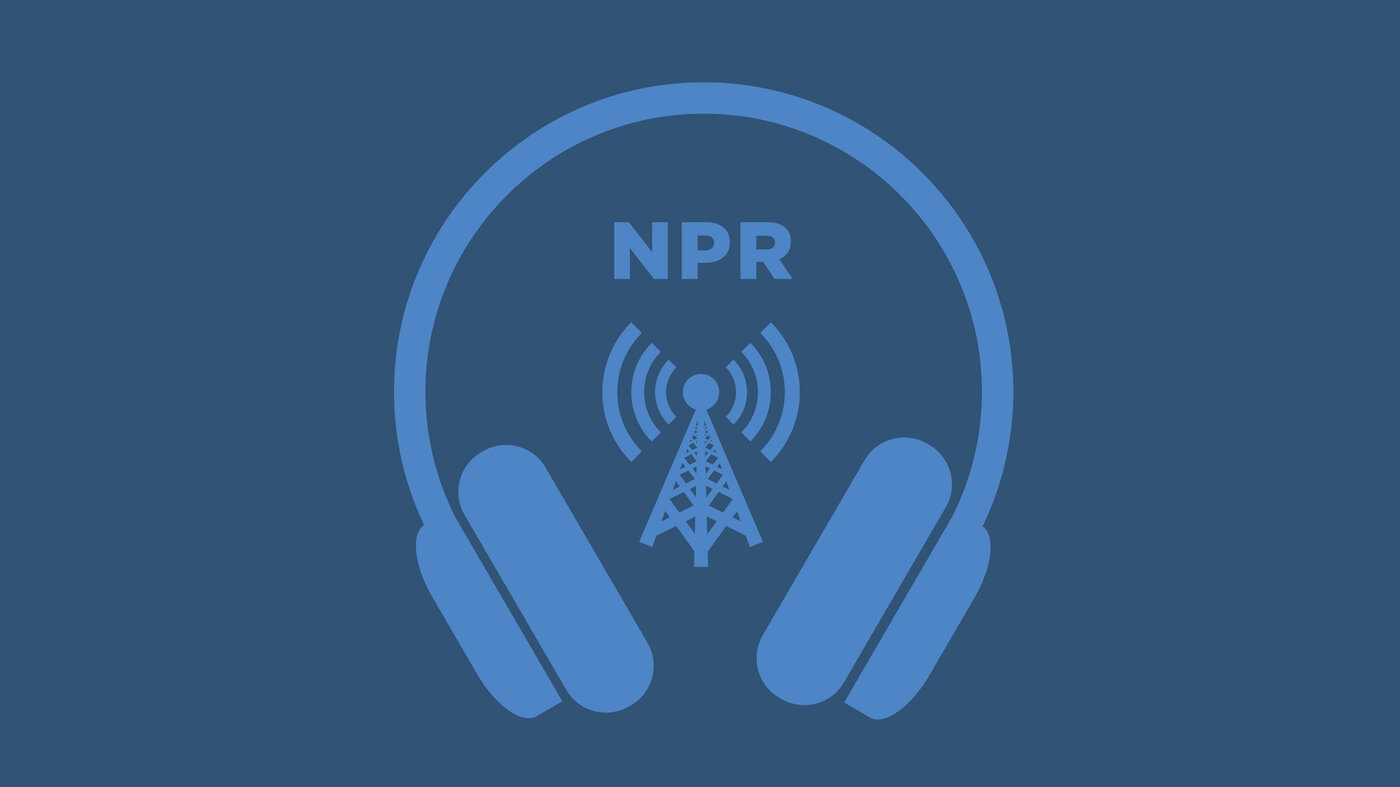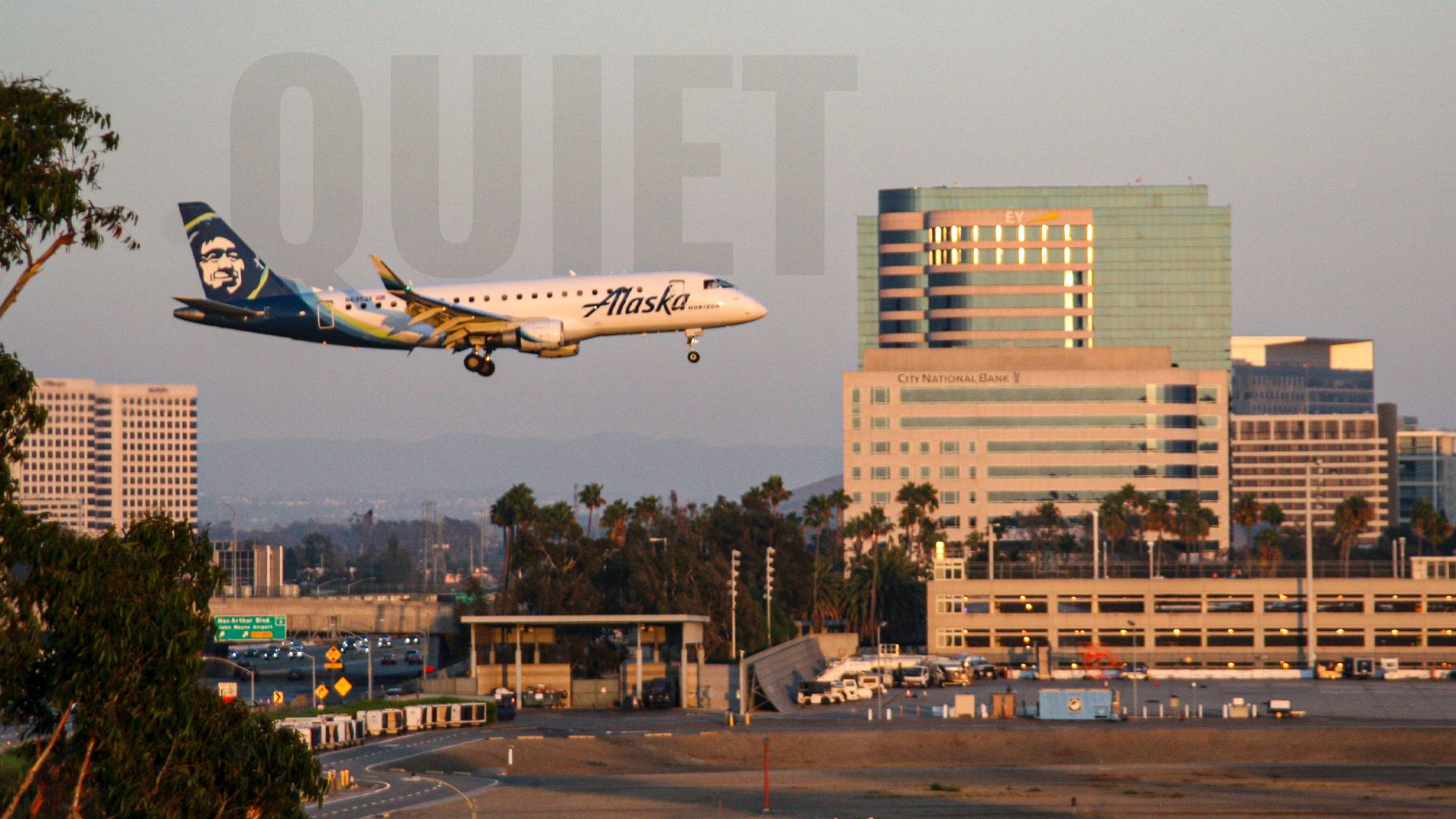U.S. and Ukrainian officials are actively considering bringing Ukrainian President Volodymyr Zelenskyy to the United States this week. This potential visit is part of efforts led by President Donald Trump to secure an agreement regarding Ukraine by Thanksgiving. Multiple officials from both countries have confirmed that the feasibility of Zelenskyy’s trip will hinge on the outcomes of peace negotiations taking place in Geneva.
The discussions in Geneva are critical, with Secretary of State Marco Rubio highlighting the progress made in talks with European and Ukrainian counterparts. He described the meetings as “meaningful,” but stressed that additional work is necessary for a comprehensive resolution. “I think this was a very, very meaningful – I would say probably best – meeting we’ve had so far in this entire process,” Rubio stated. Andriy Yermak, Zelenskyy’s chief of staff, echoed this sentiment, noting, “We have very good progress and we are moving forward to the just and lasting peace.”
Despite these discussions, no formal plans for Zelenskyy’s visit have been established, primarily due to ongoing diplomatic efforts and the lack of scheduled talks with Russian officials. A senior White House official indicated that Army Secretary Dan Driscoll might either travel to Russia or meet with Russian representatives in the near future. Russian authorities have not confirmed any upcoming meetings as of now.
The peace negotiations have drawn increased attention, especially following the leak of a 28-point peace plan. Ukraine’s Ambassador to the U.S., Olga Stefanishyna, expressed concerns during an interview on “Face the Nation with Margaret Brennan,” stating that Ukraine had not agreed to all the provisions of the draft plan. “This plan is not about justice and the truth of this war and the aggression,” she remarked, emphasizing that it prioritizes ending the conflict over addressing the underlying issues.
Stefanishyna further clarified that Russia has yet to make any concessions related to the plan. She referred to an additional document outlining security guarantees that accompanies the 28-point proposal. This document outlines the U.S.’s intention to provide assurances akin to Article 5 of the Washington NATO Treaty, although it lacks the robust framework and Congressional backing that would accompany a formal treaty.
A U.S. official highlighted that Vladimir Putin appears to believe he can secure the Donetsk region of Ukraine through either negotiation or military action. The U.S. administration’s current negotiations have begun with the assumption that Putin’s stance is valid. The official noted that while it is difficult to assess whether Ukraine is losing the conflict in the East, the situation indicates Russian advances, particularly in the eastern city of Pokrovsk, which is viewed as a strategic logistics hub for Ukraine.
In the midst of these negotiations, there are reports of parallel diplomatic efforts within the Trump administration. Jared Kushner, Trump’s son-in-law, alongside special envoy Steve Witkoff, has been developing a “term sheet” aimed at ending the war. Their approach mirrors prior ceasefire proposals made in the Middle East. Despite sanctions imposed on Russian oil and gas intended to pressure Putin, discussions have reportedly continued in Miami with Russian advisor Kirill Dmitriev.
The political landscape surrounding these negotiations is complex. Senators, including Jeanne Shaheen and Mike Rounds, have expressed concerns regarding the concessions that Ukraine may be pressured to accept. Some lawmakers have indicated that Rubio assured them the proposal was of U.S. origin, despite conflicting reports suggesting a threat to cut off military aid if Ukraine did not comply.
Driscoll’s involvement in the talks has evolved, as he was initially set to discuss drone technology with Ukrainian officials but was redirected to address ceasefire negotiations. His role has since expanded, as he combines these discussions with the emerging diplomacy related to the leaked plan.
The Trump administration is acutely aware of the need to address concerns from both pro-Ukraine lawmakers and the broader political implications of the negotiations. Republican leaders have voiced their apprehensions about the perceived concessions to Russia, emphasizing the need for a balanced and just resolution.
As the situation develops, the focus remains on the ongoing discussions in Geneva and their potential impact on regional stability and international relations.


